Mr. Tran Van Doi after retirement - Photo: GĐCC
The first time we met after 30 years, my father and I were very emotional but no one cried, because it seemed like all the tears had flowed into our hearts.
"...After leaving my family to go to the North in 1946, it was not until the day of peace after nearly 30 years that I was able to see my father again, and I did not have time to see my mother for the last time" - Mr. Tran Van Doi, a Southern soldier who fought in Dien Bien Phu, recounted his memories of his father, the President of the Republic of Vietnam, Tran Van Huong.
"Leaving with empty hands. Returning to a land of mountains and rivers...". These are the verses written by Mr. Tran Van Doi in his memoirs.
Father, son and two opposite paths
During his healthy days in the small house in the alley of Cong Hoa Street, Ho Chi Minh City, Mr. Doi confided in me many memories of the father-son reunion, no one cried. However, later, when he had to return to Hanoi , the father could not hold back his tears.
Mr. Tran Van Huong burst into tears. At this time, the former president of the old Saigon government was already old and sick, nearly 80 years old. He was afraid that he would not be able to see his son again. The last time they parted, father and son had been completely separated for nearly 30 years, from the time when the country was still in the flames of war until the day of peace.
Going back in history, nearly 30 years ago, on April 30, 1975, Mr. Doi said goodbye to his parents to go to the North to study at the Military Academy, Ministry of National Defense , at the Vietnam campus from October 1946.
Two months later, the battle to defend Hanoi in the winter of 1946 broke out, he was one of the Southern soldiers standing with his Northern comrades to confront the French army.
The first time a young man from the South welcomed spring in Hanoi was a fiery battlefield. He worked as a machine gunner protecting the Vietnamese school area and Hom market, Hue street, Ham Long street...
After temporarily withdrawing to the war zone, Mr. Doi was sent to study at Tran Quoc Tuan Military School and then transferred to the first engineering class.
At the end of 1949, he was admitted to the Party. Having experienced many different missions, in 1954, the young man from the South participated in the Dien Bien Phu campaign as the captain of the C.57- D.206 engineering company of the 351st Artillery Division. The French army was defeated and withdrew from Vietnam. He was a captain and battalion commander of the D.206 engineering company...
The silver-haired soldier said that he had been in the army for 21 years, and in 1966 he transferred to the Central Industrial Committee after three years of studying at Hanoi University of Science and Technology.
Meanwhile in the South, his father, literature and logic teacher Tran Van Huong, left his hometown in Vinh Long for Saigon to open a pharmacy and then form a political party. After the 1954 Geneva Agreement, he became mayor of Saigon but resigned because of disagreement with Mr. Ngo Dinh Diem.
In 1960, Colonel Nguyen Chanh Thi staged a coup, which Mr. Huong supported to "oppose the dictatorial Ngo family". The coup failed, Mr. Huong and many others were arrested.
After Ngo Dinh Diem was overthrown, he was re-appointed mayor of Saigon, and in November 1964 was chosen by President Phan Khac Suu to be prime minister and minister of the army.
The political career of the revolutionary soldier Tran Van Doi's father gradually advanced to the highest ranks in Saigon, from Prime Minister to Vice President, then President of the Republic of Vietnam for 7 days at the end of April 1975 before handing over to Mr. Duong Van Minh to declare surrender.
After many years of reminiscing about his father, Mr. Doi confided that when they parted in 1946 to go to the North, they completely lost contact.
It was not until 1968, through Hanoi radio news, that he learned that his father was in the high-ranking leadership of the government on the other side of the 17th parallel. Although still living in the same country, father and son were completely separated. Each went on a different path...
Certificate of merit for participating in the 12-day and night battle to protect Hanoi's sky of Mr. Tran Van Doi (also known as Luu Vinh Chau in the North)
Special reunion day
The last time we met in Ho Chi Minh City, Mr. Doi, who was old and sick at the end of his life, showed me his diary, which was like a memoir of his life. In it, there was a passage that in 1968, he listened to the radio and learned that his father held an important position in the South. After many sleepless nights thinking about it, he decided to report to his superiors.
In the memoir dated June 10, 1968, he wrote: "I asked Mr. Khue to find a way to meet Mr. Ung Van Khiem (Minister of the Interior) to report. Mr. Khiem welcomed me very warmly and asked and instructed me very carefully. For now, I must keep this matter extremely secret and not report it to anyone. He said he would report directly to Mr. Pham Van Dong and Le Duan...".
Mr. Doi continued that later, the Minister of the Interior, Ung Van Khiem, asked him to report the father's problem to the Party Committee of the General Department of Geology, where he was working. Occasionally, Mr. Khiem called him up to ask him a friendly question and continued to instruct him not to talk about this problem with anyone who was not responsible.
In particular, Mr. Doi's memoir, dated October 1972, has a passage that reads: "The Ministry of Interior (Mr. Ung Van Khiem) asked me to write a letter to my father, to inform him that I was still alive, had a wife and children, and was studying...
I did whatever the organization asked me to do, but in fact I had no hope of changing the old man's will...". The letter was sent through a special channel that Mr. Doi himself did not know about and he did not receive any reply.
Regarding this very special detail, I asked Mr. Doi after the country's reunification, when he met his father in Saigon, did he ask his father if he could read the letter sent from the North in 1972?
He thoughtfully replied that he had asked, but Mr. Huong remained silent, as if he did not want to answer his son. He probably did not want his son, who had been on the other side of the battle line, to ask him again if he had read his son's letter why he continued to be vice president, then president of Saigon.
Returning to the events of April 1975, Mr. Doi said he followed the radio news to see if his father had evacuated abroad like many leaders in Saigon at that time.
His memoirs recorded: "At 11:30 a.m. on April 30, 1975, the Southern government surrendered. The whole country rejoiced that the war and death were over. We will soon see our loved ones again. How is Mom now? Mom, I miss you so much..." He had no idea that his mother had passed away a few months earlier, on December 30, 1974. She had waited but could not meet the day her son returned from the resistance war.
Recalling this historic occasion, Mr. Doi still gets emotional when he tells us that his Southern brothers who went to the North, like him, were all happily discussing the day of their return home. However, his work situation prevented him from returning home, despite many sleepless nights waiting.
His wife, Dr. Nguyen Thi Ngoc Dung (also a Ben Tre native who had gathered in the North in 1954), was able to return to the South first with their son. He had to stay behind to work and take care of the paperwork for his daughter to prepare to study in Hungary. Mr. Tran Van Huong was very sick at that time and was very emotional when he first met his daughter-in-law and grandchild.
It was not until December 1975 that Mr. Doi was finally allowed to go on leave to the South after 29 years away. He carried out the instructions to "report to the Central Committee first" and then returned to see his father. His memoirs recorded: "On December 15, 1975, at 10 o'clock, I returned to see my father. Although I had heard many things in advance, my father was now very old and weak, sick and ill.
Dad was also very emotional. He seemed to have some inferiority complex, so he tried not to make the old man think too much... My wife and children and I went to visit my mother's grave. Relatives from near and far, both my wife's and mine, came to visit, filling the house... My wife's father and dad, the two in-laws, were finally able to meet each other.
30 years have passed with so many ups and downs of life, the son who fought in the resistance in the North was finally able to celebrate Tet 1976 with his father.
Although it was still difficult at that time, Mr. Doi and his wife still wrapped banh tet and prepared a tray of offerings to their mother to please their old father. During the meal, Mr. Tran Van Huong laughed happily with his children and grandchildren, but afterward, he pulled up a chair and sat alone, looking out at the street.
In February 1976, Mr. Doi had to say goodbye to his father and go to Hanoi. This time, Mr. Huong could not hold back his tears, he was afraid that he would not be able to see his son again. However, since then, every year Mr. Doi returned to the South to celebrate Tet with his father.
In 1978, he was called by Mr. Le Duc Tho himself to inquire about his family and Mr. Tran Van Huong. A few days later, he was given a two-grade salary increase and transferred to the South to take care of his father in his final days.
Mr. Tran Van Huong passed away in 1982, a year before Mr. Doi also retired to be closer to his father.
Tuoitre.vn
Source: https://tuoitre.vn/nguoi-con-viet-minh-ke-ve-nguoi-cha-cuu-tong-thong-viet-nam-cong-hoa-20250420095526996.htm


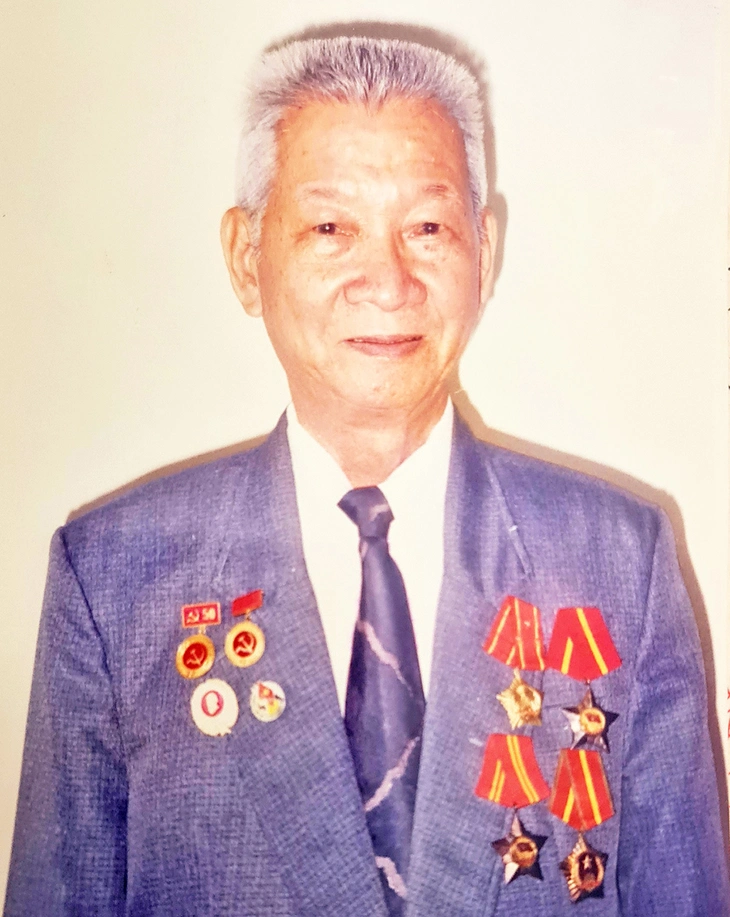
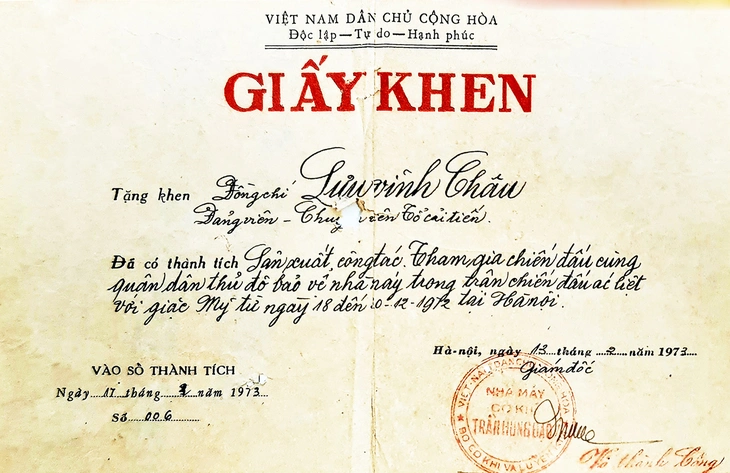
![[Photo] Solemn opening of the 12th Military Party Congress for the 2025-2030 term](https://vphoto.vietnam.vn/thumb/1200x675/vietnam/resource/IMAGE/2025/9/30/2cd383b3130d41a1a4b5ace0d5eb989d)

![[Photo] The 1st Congress of Phu Tho Provincial Party Committee, term 2025-2030](https://vphoto.vietnam.vn/thumb/1200x675/vietnam/resource/IMAGE/2025/9/30/1507da06216649bba8a1ce6251816820)

![[Photo] General Secretary To Lam, Secretary of the Central Military Commission attends the 12th Party Congress of the Army](https://vphoto.vietnam.vn/thumb/1200x675/vietnam/resource/IMAGE/2025/9/30/9b63aaa37ddb472ead84e3870a8ae825)
![[Photo] General Secretary To Lam receives US Ambassador to Vietnam Marc Knapper](https://vphoto.vietnam.vn/thumb/1200x675/vietnam/resource/IMAGE/2025/9/29/c8fd0761aa184da7814aee57d87c49b3)
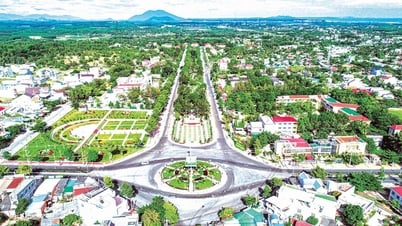

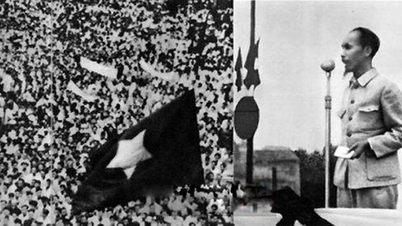

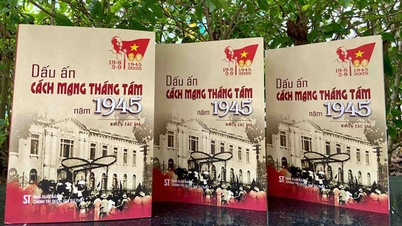



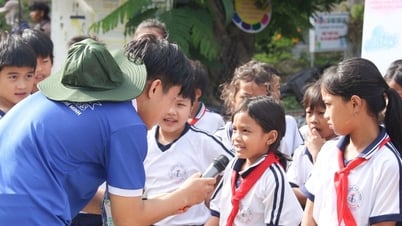
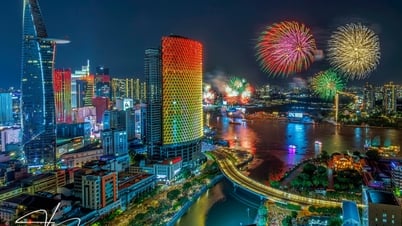
















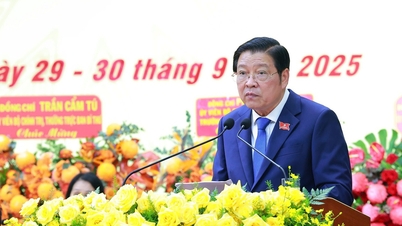




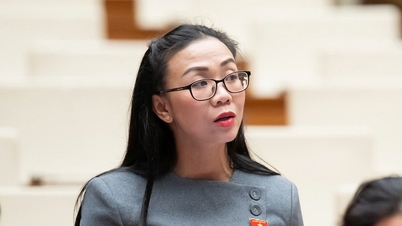
![[Photo] General Secretary To Lam attends the ceremony to celebrate the 80th anniversary of the post and telecommunications sector and the 66th anniversary of the science and technology sector.](https://vphoto.vietnam.vn/thumb/1200x675/vietnam/resource/IMAGE/2025/9/29/8e86b39b8fe44121a2b14a031f4cef46)






















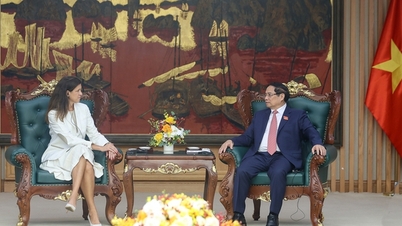

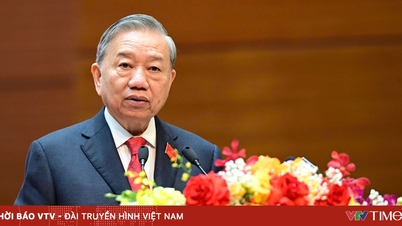

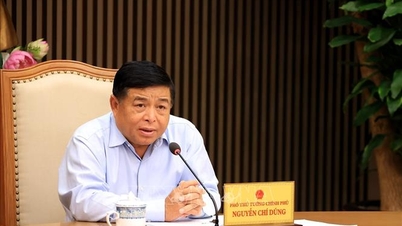

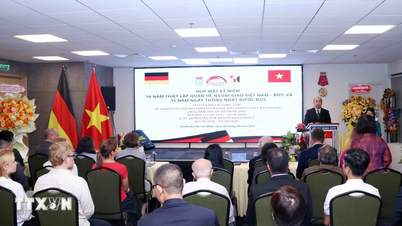
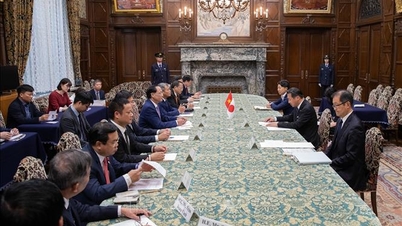


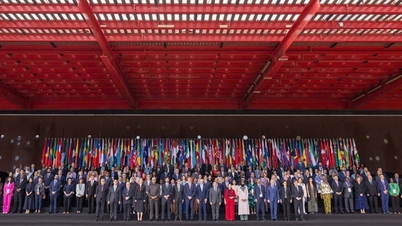
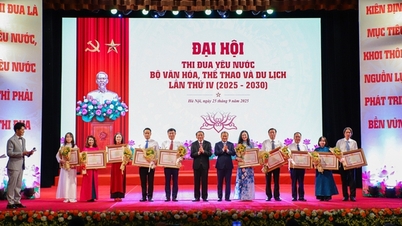





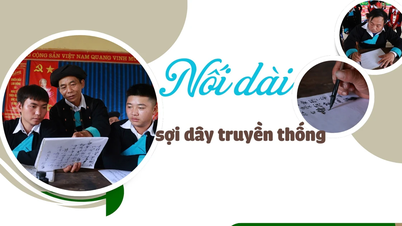


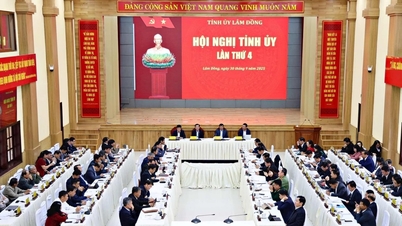


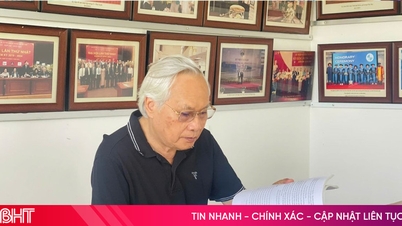














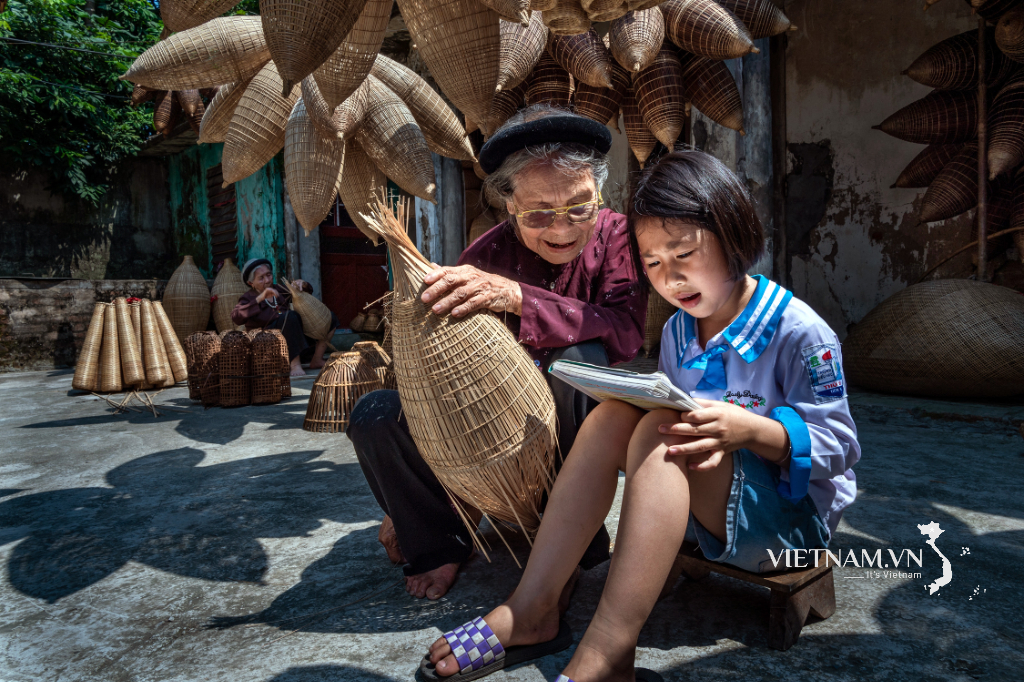
Comment (0)